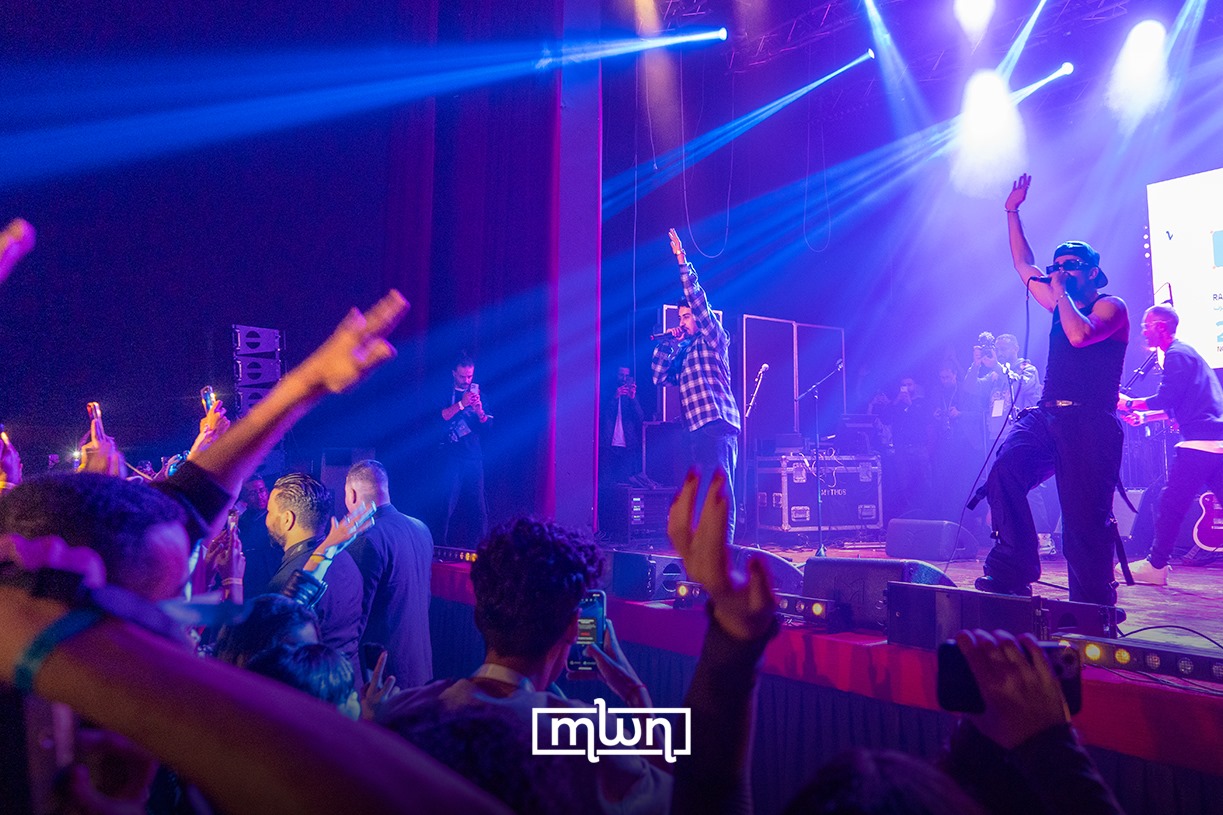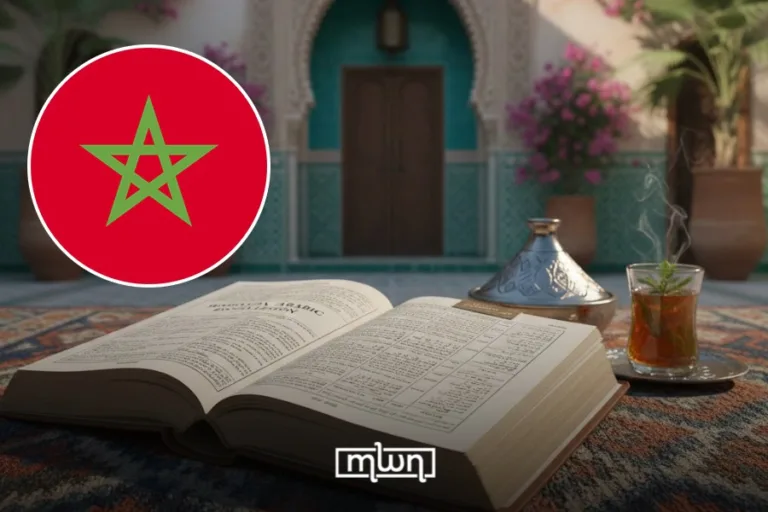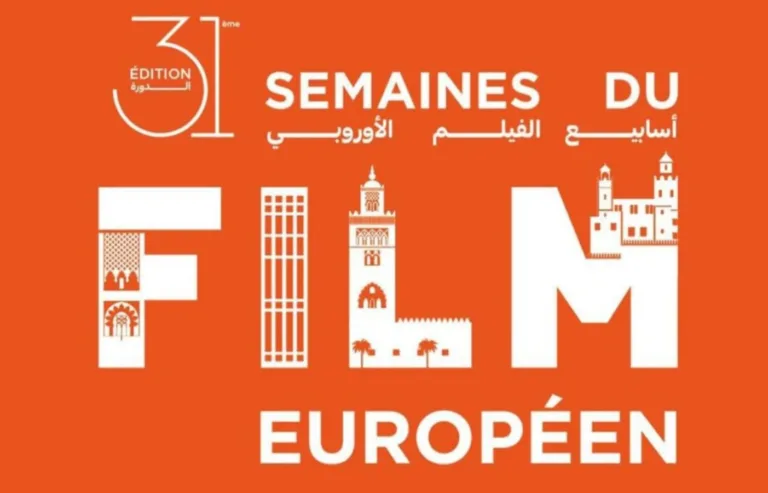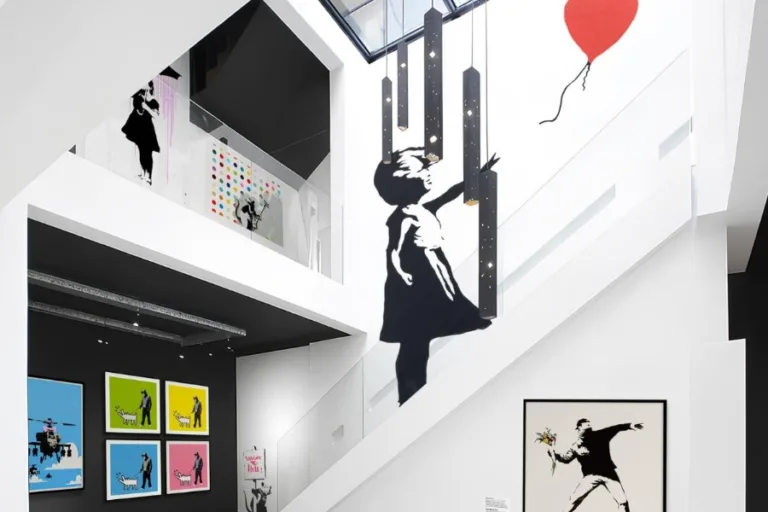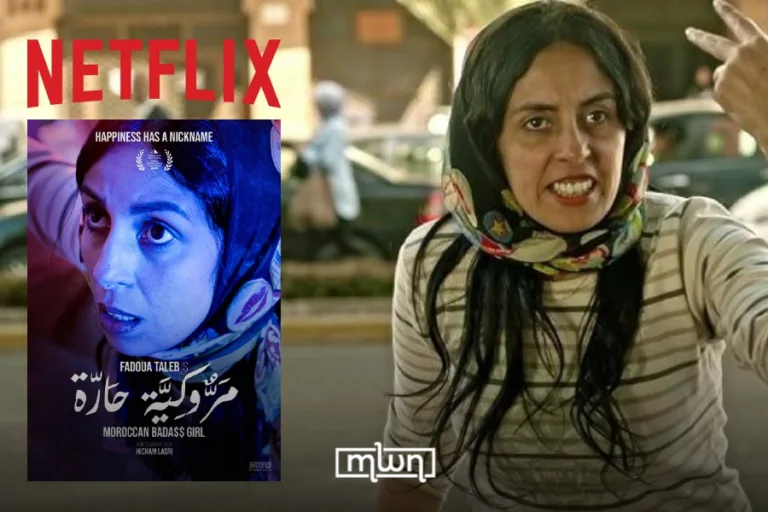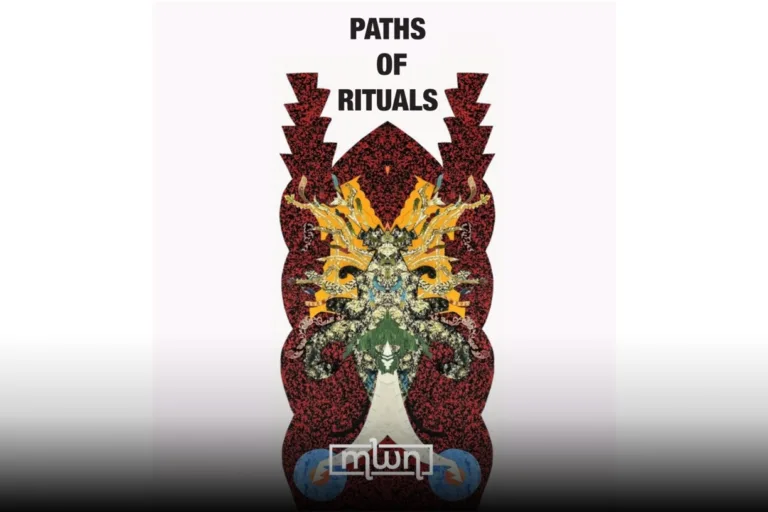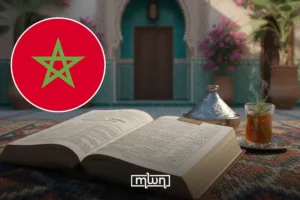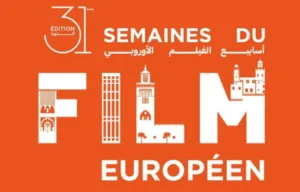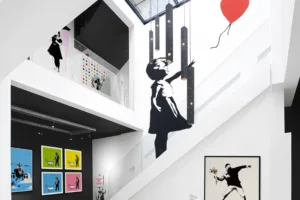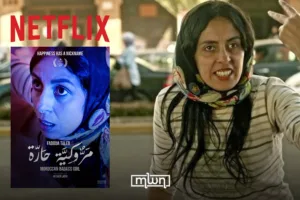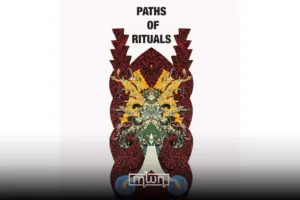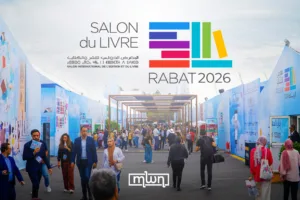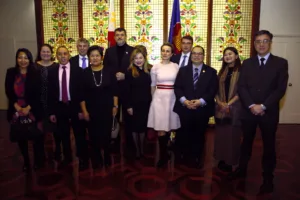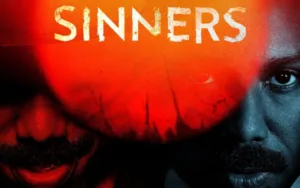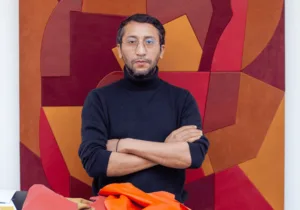From music industry insiders, professionals, casual listeners, to those just starting to hone their craft, this festival is truly for everyone.
Rabat – The Visa for Music (VFM) is in full swing in Morocco’s capital city for its final two days of culturally enriching conferences, master classes, and performances.
Across different venues in Rabat, Friday nights performances took festival goers on a musical journey across all corners of the globe – from Spain to Canada, Morocco to Jordan and more.
The diversity didn’t stop with the cultural fusion however. There was also an eclectic mix of genres that kept attendees swaying to the beats and begging for more.
VFM music lovers were treated to a series of jam-packed 40 minute performances by each artist in the three locations – Mohammed V Theater, Cinema Renaissance, and the Bahini Stage.
The open nature of the venues allows for festival goers to pick their country – and style – on a around-the-world musical journey through the streets of Rabat.
One major highlight of Friday’s set was Dider Awadi’s set at the Renaissance Stage. Hailing from Senegal, the rapper has been a central figure in West African hip hop. He is the founding member of his group Positive Black Soul, which has toured around the world.
The Senegalese rapper’s set was an eclectic mix of beats that kept the crowd moving and jumping the full 40 minutes. Towards the end of his musical treat, Awadi used his time in the spotlight for a moment of activism, calling out for the crowd to stand in solidarity with him for Gazans as they suffer the Israeli genocide.
His performance quickly turned into a revolutionary protest, as Awadi prominently held up a keffiyeh and called for Israel to stop the violence. The crowd held up their fists in union and defiance in a moving act accompanied by the Senegalese beats.
Over at the Mohammed VI Theater stage, fans were treated to a cultural fusion between two unlikely countries – Finland and Benin. The Helsinki-Cotonou Ensemble brought their set with a full force of colliding melodies — from bluesy saxophone and piano tunes to the frenetic rhythms of African drums.
The Renaissance Stage finished off their night’s set with the ultimate treat for lovers of Moroccan rap – a special performance by the one and only Tchubi. The crowd was jam-packed with a range of long-time Tchubi fans who knew the rapper’s song word-for-word, to new listeners who quickly fell in love with the Moroccan heart-throb.
Tchubi wasted no time the moment his short set began, and a major highlight was his performance of “Rabat City Jazz,” in of-course the song’s namesake city. The theater was literally shaking towards the end with the rush of energy from the crowd with people yelling in excitement in a mix of French,Darija and English. The Moroccan rapper ended the night thanking Rabat for the success of his first-ever performance in the capital city, promising to return soon.
The artist lineups for Visa For Music each year are meticulously curated by a jury that reviews over 1,000 applications to select around thirty musical groups.
In addition to traditional live musical performances, the festival also features electronic artists, and DJs who perform during the after-party showcases. After the main three stages wind-down, the party continues within the walls of Rabat’s iconic and historic Chellah until early in the morning.
From music industry insiders, professionals, casual listeners, to those just starting to hone their craft, Visa for Music is truly for everyone.
As this unique celebration of culture comes to a close, Visa for Music is a reminder of the power of music to unite people from all over the world.
Read Also: Visa for Music 2024 Unleashes African Rhythms in the Heart of Rabat

